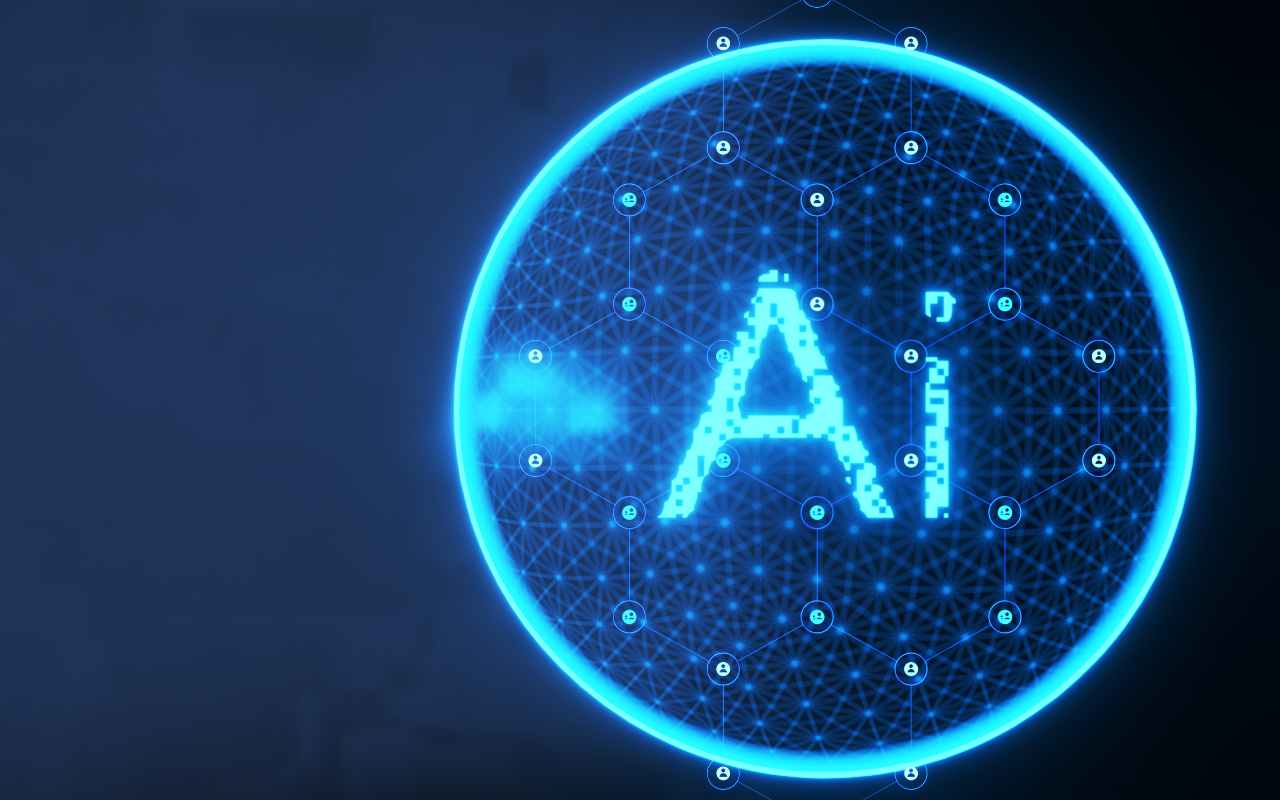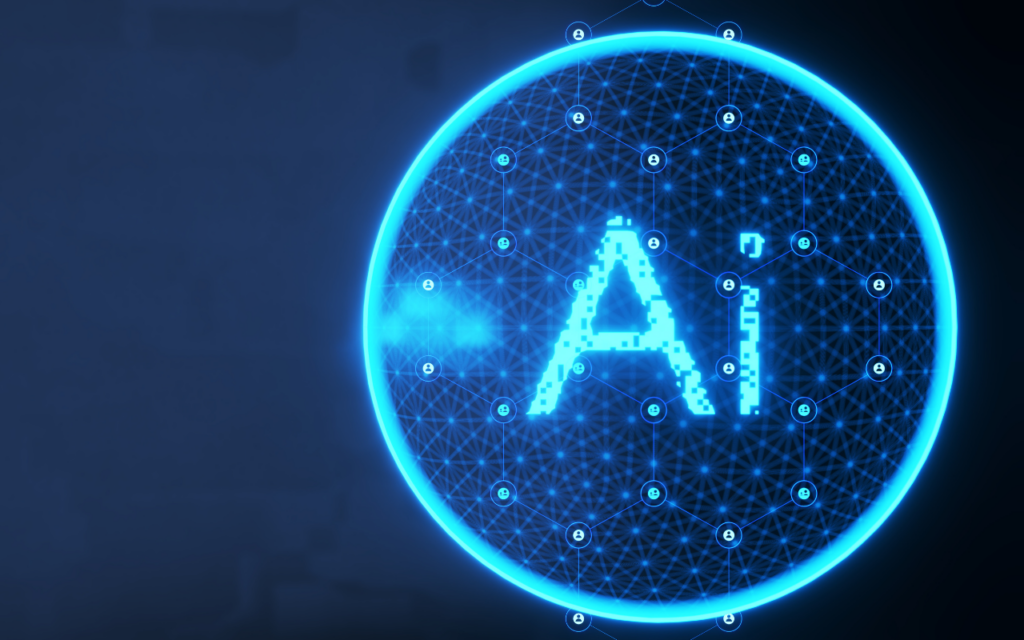
Africa is rapidly emerging as a global hub for artificial intelligence (AI) talent, fueled by groundbreaking investments and a burgeoning ecosystem of skilled professionals. With Google’s recent $5.8 million commitment to accelerate AI skilling initiatives across Sub-Saharan Africa, the continent is poised to play a pivotal role in shaping the future of AI development. Whether you’re a startup looking to scale your AI operations or an established company seeking to innovate, Africa offers a unique blend of opportunities and challenges. This guide will explore how companies can effectively build offshore AI teams in Africa, leveraging the region’s untapped potential while navigating its unique opportunities and challenges.
Why Africa for Offshore AI Teams?
Africa’s technology landscape has experienced exponential growth in recent years, attracting companies worldwide. Here are the top reasons businesses are turning to Africa for offshore AI talent:
1. A Thriving Talent Pool: With over 60% of its population under the age of 25, Africa boasts a vast, untapped workforce eager to excel in tech. Programs like Google’s AI skilling initiatives, local boot camps, and partnerships with global companies are rapidly increasing expertise in areas such as natural language processing (NLP), computer vision, and data engineering.
2. Cost-Effectiveness: Salaries for highly skilled AI professionals in Africa are significantly lower than in North America or Europe. For instance, while an AI engineer in Silicon Valley might command a six-figure salary, an equally skilled professional in Africa costs a fraction of that amount while delivering exceptional results without compromising quality.
3. Time Zone Compatibility: Africa’s geographical location offers overlapping work hours with major global markets. East and Southern Africa align well with Europe, while West Africa provides convenient collaboration windows with North America. This overlap enables real-time communication and seamless workflows.
4. Cultural and Linguistic Diversity: English is widely spoken across tech hubs such as Nigeria, Kenya, South Africa, and Ghana, facilitating seamless integration into international teams. Moreover, Africa’s rich cultural and linguistic diversity is a significant factor in its rise as a global hub for AI-driven talent acquisition. With over 2,000 languages spoken and a wide range of cultural practices across 54 countries, the continent offers unique advantages for building and managing AI teams that are adaptable, innovative, and globally competitive.
Steps to Building an Offshore AI Development Team in Africa
Creating a successful offshore team requires a strategic approach that accounts for local dynamics and global objectives.
Step 1: Define Clear Objectives for Your Offshore Team
The first step is defining clear objectives for your offshore team. Success begins with clarity. Outline your business goals and the specific expertise you need. Determine whether your project requires machine learning engineers, data scientists, or AI researchers, and establish your project timeline and targeted outcomes. Clear objectives not only streamline recruitment but also ensure alignment between your goals and the team’s capabilities.
Step 2: Partner with an Offshore Technology Outsourcing Company
Building an offshore team can be challenging, especially in a new market like Africa. Partnering with an offshore technology outsourcing company can simplify this process significantly. DivVerse specializes in sourcing, onboarding, and managing Africa’s top tech talent. We connect businesses with vetted AI professionals, ensuring you hire candidates with the precise skills required for your projects. Additionally, we handle compliance, payroll, and remote team management, allowing you to focus on innovation.
Step 3: Choose the Right Tech Hub in Africa
Choosing the right tech hub in Africa is crucial for success. The continent’s tech landscape is diverse, with each region offering distinct advantages. Nigeria, often referred to as the “Giant of Africa,” boasts a thriving tech scene with hubs like Lagos leading innovation. Kenya, known as the “Silicon Savannah,” is recognized for its strong focus on AI-driven solutions. South Africa offers a mature tech ecosystem and experienced professionals, while Rwanda is emerging as a rising star thanks to government-backed initiatives and investments in education.
Step 4: Set Up a Robust Remote Work Infrastructure
The success of an offshore team depends on having the right tools and systems in place. Use collaboration platforms like Slack and Microsoft Teams for real-time communication, project management tools such as Jira and Trello for workflow optimization, and secure systems to ensure data protection.
Step 5: Invest in Training and Upskilling
Investing in training and upskilling is vital to keep your team competitive in the fast-evolving AI landscape. Collaborate with local universities, encourage certifications in machine learning and data analytics, and organize internal hackathons to foster innovation. Upskilling not only enhances your team’s technical capabilities but also strengthens their commitment to your organization.
Step 6: Foster a Collaborative and Inclusive Culture
Building a thriving offshore team goes beyond technical skills. Focus on fostering inclusivity and collaboration by scheduling regular check-ins, celebrating milestones, and encouraging cultural exchange. A motivated and cohesive team will deliver better results and remain committed to your vision.
Overcoming Challenges
Building an offshore AI team in Africa offers exciting opportunities but also presents a few challenges. These challenges can be overcome with the right strategies and support. Here are the key challenges and how to address them:
1. Infrastructure Gaps: One of the primary challenges is the unreliable internet or power supply in certain regions. However, this issue can be mitigated by focusing on well-established urban tech hubs like Lagos, Nairobi, and Cape Town, which offer reliable infrastructure. Additionally, investing in remote work solutions such as virtual private networks (VPNs) and backup power systems ensures productivity and minimizes disruptions.
2. Compliance Complexities: Labor laws and tax regulations vary significantly across African countries, creating challenges for businesses aiming to ensure compliance when building offshore teams. DivVerse simplifies this process by managing local compliance, payroll, and tax requirements for businesses hiring AI talent in Africa. With DivVerse’s support, companies can concentrate on their AI projects while staying compliant with local regulations across multiple countries.
3. Talent Retention: The global demand for skilled AI professionals makes talent retention a critical challenge. Businesses can address this by building a strong employer brand, offering competitive salaries, career growth opportunities, and fostering a positive work environment. DivVerse supports companies by not only connecting them with vetted AI talent but also promoting long-term success through efficient team management and ongoing professional development. This approach fosters loyalty, helping businesses retain top African talent.
Conclusion
Africa’s AI ecosystem is rapidly growing, driven by a youthful workforce, increased investment in education, and global interest in its untapped potential. Building an offshore AI development team in Africa is not just a strategic move for cost-effectiveness but also a step toward driving innovation on a global scale. Ready to build your offshore AI team in Africa? Contact us here today to start your journey.










